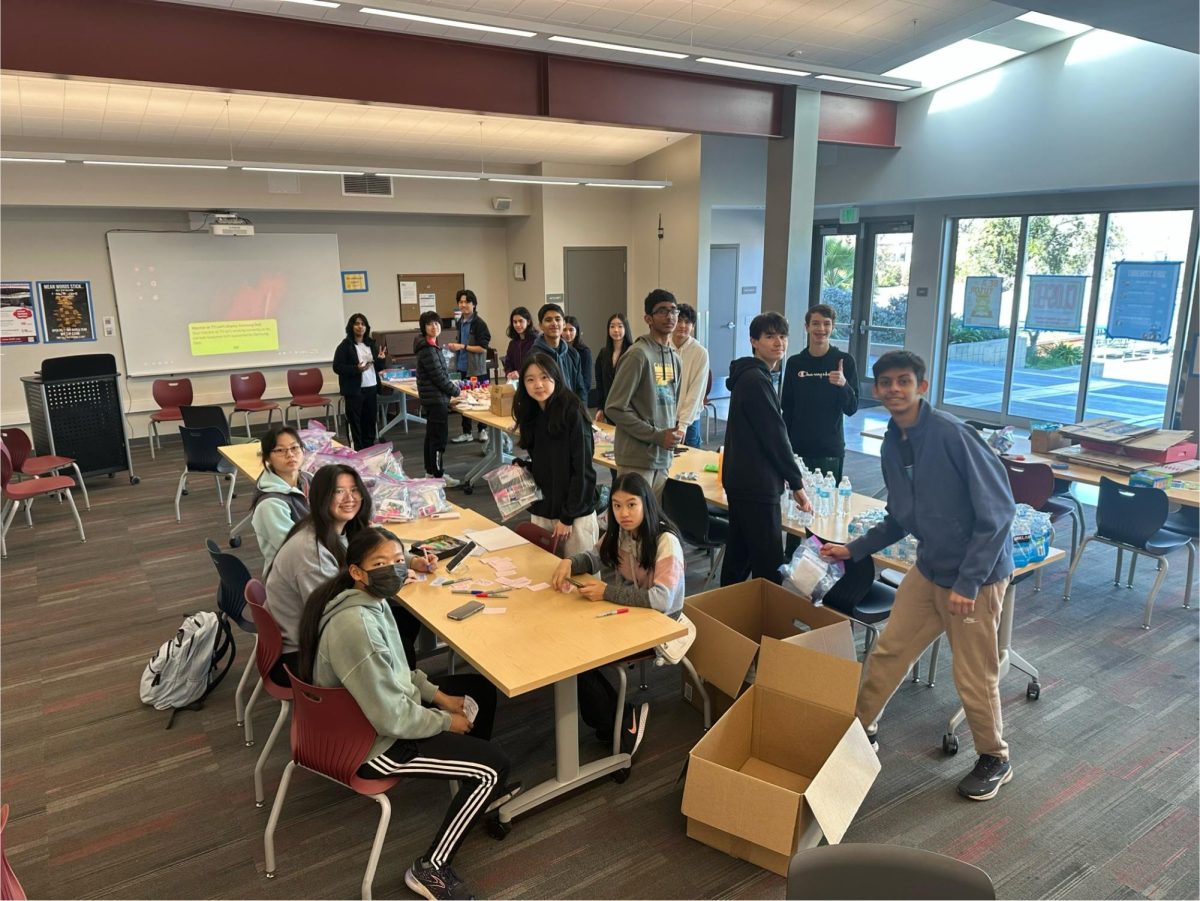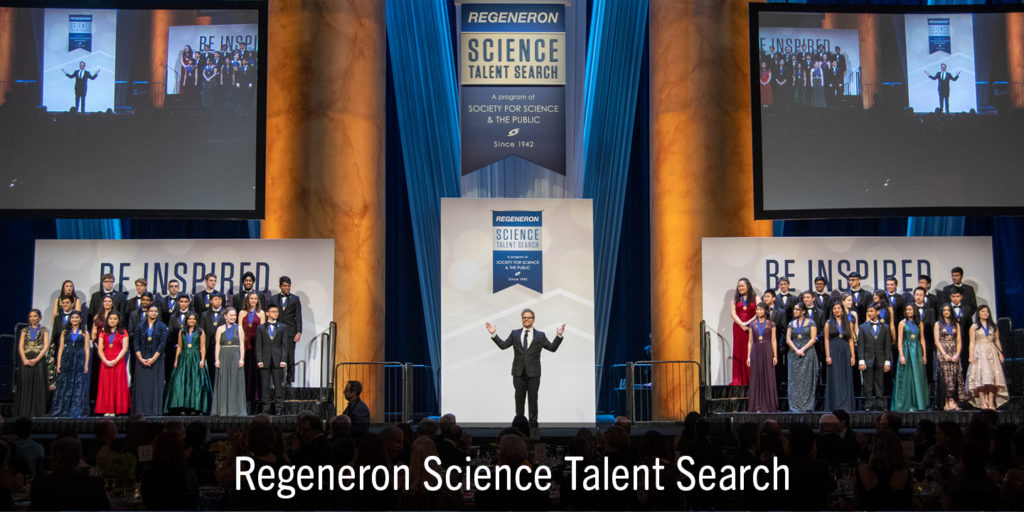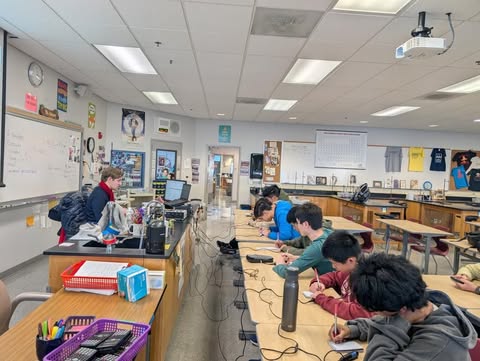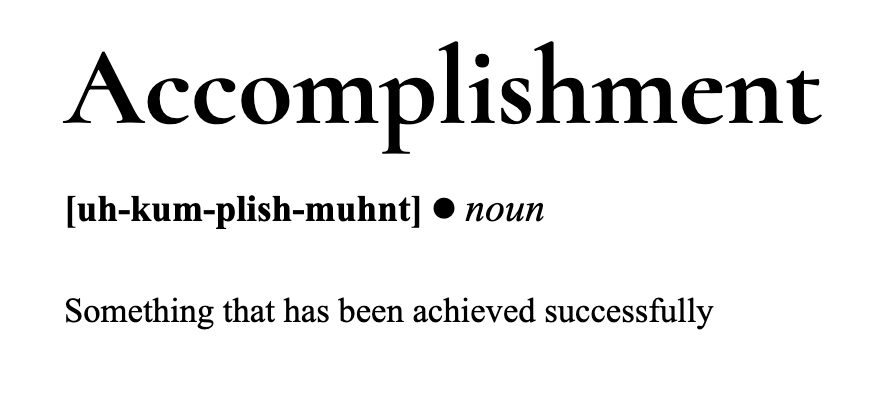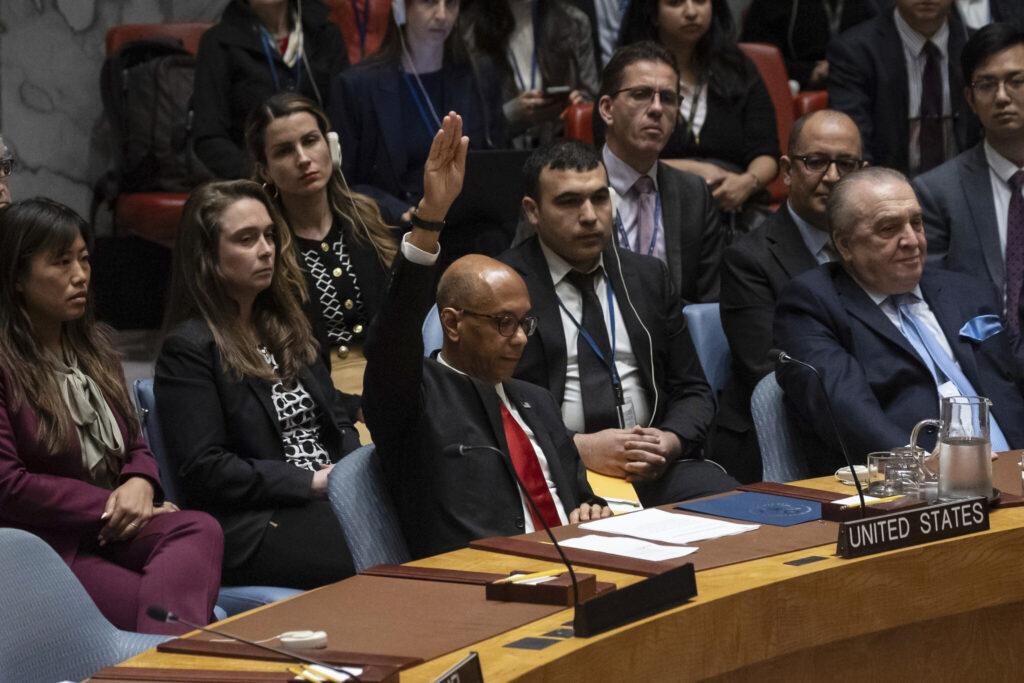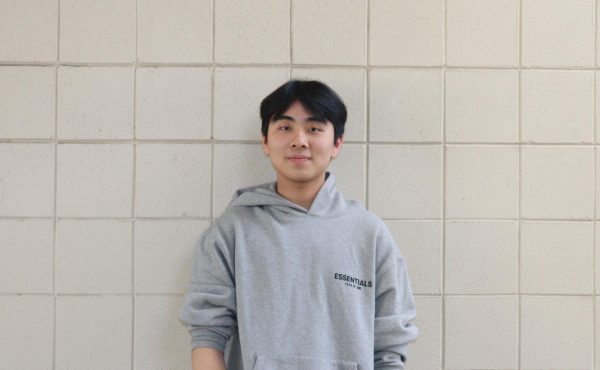Starting on Oct. 18, 2023, and until recently on April 18 of this year, the five permanent members of the United Nations Security Council have vetoed 6 resolutions regarding the Israel-Hamas Conflict. The U.S. itself has vetoed 3 different resolutions calling for a ceasefire in the region. This standstill has frustrated those who see the United Nations as a beacon of hope for international peace.
This standstill, commonly known as “gridlock,” poses a threat to how the Security Council functions. The council currently consists of 15 member states, five of which hold permanent seats: the U.S., U.K., France, Russia and China. The other 10 members are rotated from representative regions and are elected by the UN General Assembly.
The council passes binding resolutions on world issues. Any resolution that gains nine votes out of 15 is passed, but if any permanent member vetoes a resolution, it does not pass.
Post World War II, these five nations — the P5 — were granted permanent membership, reflecting power dynamics at the time. However, emerging powers are presenting themselves on the world stage in the modern world, while the P5 continue to hold on to their archaic veto power.
The Security Council has failed to represent certain areas of the world and an alarming number of vetoes by the five permanent members have raised concerns about the effectiveness of the group. Permanent members have long been accused of using their status to shield allies from criticism and punishments for human rights violations. This has eroded trust in the credibility and legitimacy of the council.
Israel-Hamas Conflict
The Israel-Hamas Conflict has been subject to multiple vetoes over the past months. The U.S. has repeatedly vetoed resolutions calling for immediate humanitarian ceasefires in Gaza, as well as a proposal to recognize Palestine as a sovereign state. The U.S. has vetoed four resolutions regarding the ceasefire in Gaza and the recognition of Palestine as a country. Still, China and Russia have vetoed two resolutions on the matter as well.
Each of these resolutions tends to have small subsections that either side disagrees with. For example, during the March 22 proposal, China and Russia disagreed with the condition of humanitarian assistance only if they greenlighted an Israeli invasion of the Palestinian city of Rafah. On the other hand, the U.S. has long disagreed with any resolution that criticizes or condemns Israel, resulting in a relative stalemate regarding peace talks in this war.
One rare instance of action being taken was a month-long ceasefire during the holiday of Ramadan. In this case, the U.S. abstained from voting and the resolution passed with 14 in favor of the resolution out of 15 votes. However, the council rejected a resolution for a permanent ceasefire, and there is now no end in sight for the war that has already taken over 35,000 Palestinian lives, many of them non-combatants such as women and children. (At the same time, Hamas deserves serious condemnation and consequences for its Oct. 7 raid that killed 1,160 Israelis and led to the kidnapping of around 250 of them.)
Inaction in Syrian Civil War
Another conflict that the United Nations Security Council (UNSC) has failed to address is the Syrian civil war. Since the start of the conflict in 2011, Russia has vetoed 17 resolutions. Had those resolutions passed, they would have included the extension of key aid routes for Syrian civilians and ceasefires in certain regions.
The situation has gotten so bad that due to the conflict, over 90% of Syrians live in poverty and 16.7 million Syrians need humanitarian aid. As dire as it may seem, Russia and China continue to veto resolutions.
The Syrian Human Rights Network estimates that the use of the UNSC veto has directly contributed to the deaths of 250,000 Syrians. Millions of Syrians face poverty and rely on humanitarian assistance, while the death toll continues to rise.
To change the status quo, abolishing the veto would allow international cooperation, aid and diplomacy in Syria, greatly mitigating or even solving the issues plaguing the region.
Without change in sight, issues affecting the globe will remain and politics will continue to come before the wellbeing of humanity. The current UNSC structure undermines the goals and purposes of the group: to maintain international peace and security. Reforming or abolishing the veto is essential to ensure the Security Council can function effectively. Otherwise, global challenges remain unsolved and human lives will be lost due to the preventable paralysis caused by its permanent members.


